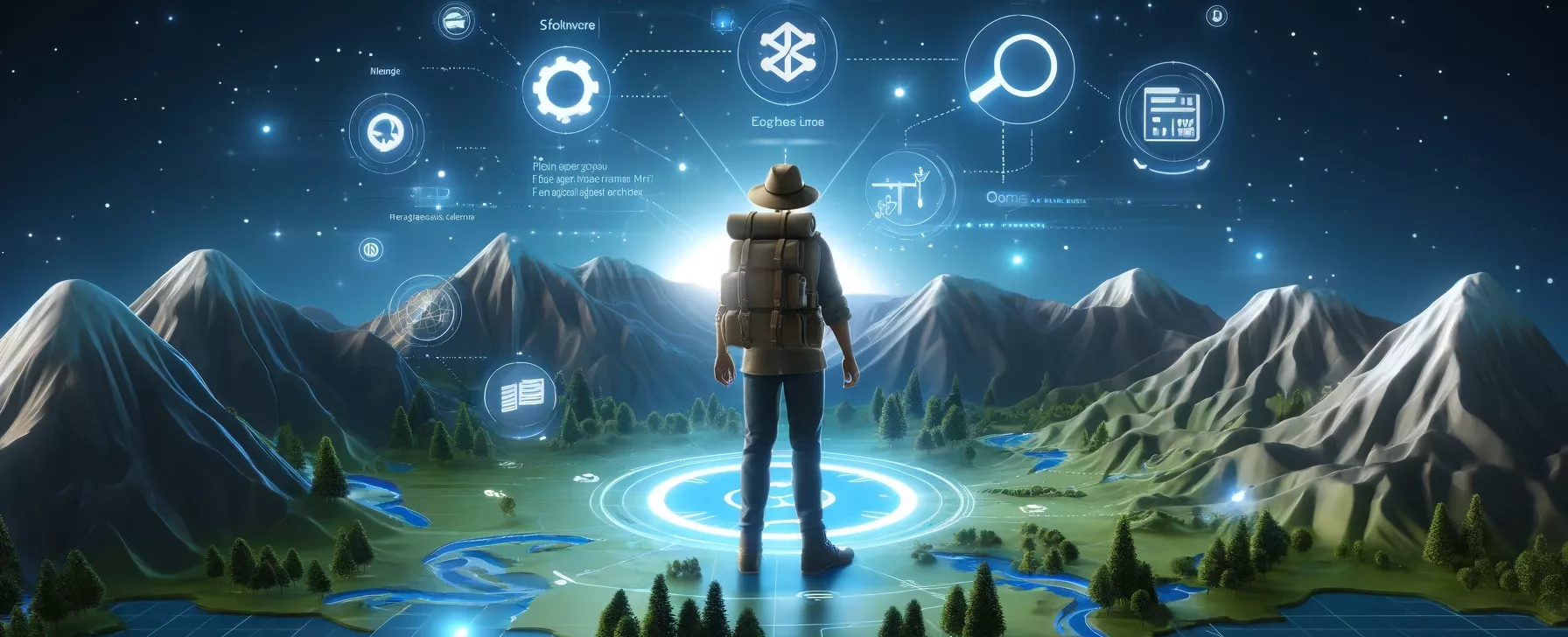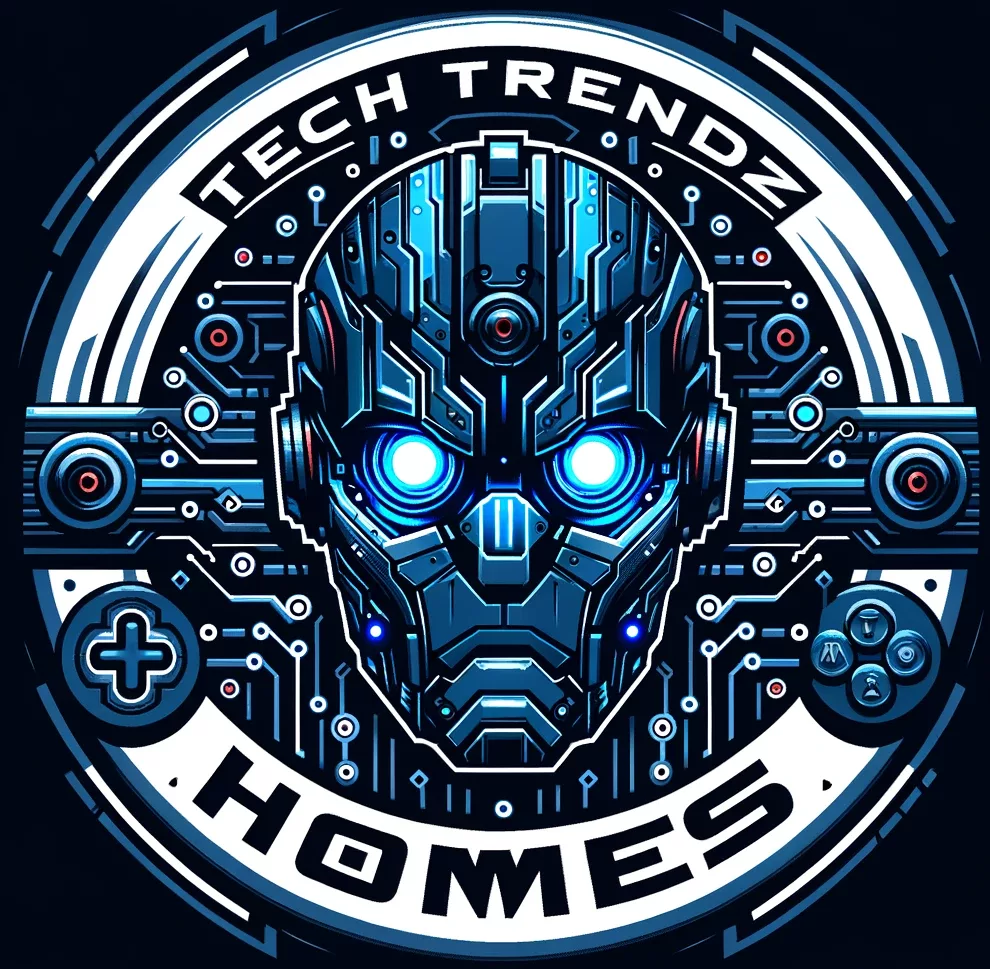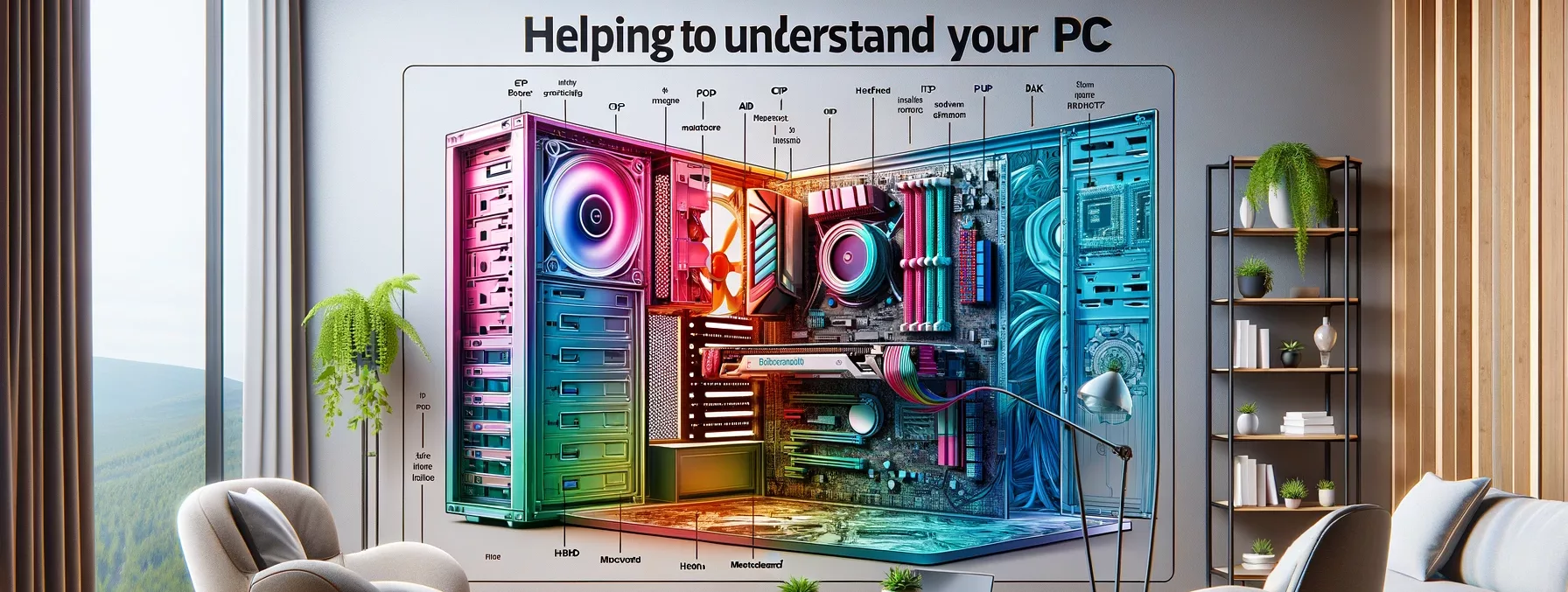Helping to Understand Your PC
Beginnings
Embarking on the journey of understanding your personal computer (PC) can be both exciting and daunting. Whether you’re a new user or someone looking to brush up on the basics, grasping how your PC works is the first step towards using it more effectively. This guide aims to demystify the essential components and functions of your PC, ensuring you have the knowledge to make the most out of your digital companion.
Understanding the Hardware
- The Central Processing Unit (CPU): Often referred to as the “brain” of your computer, the CPU handles instructions from both hardware and software. Higher CPU speed and more cores mean faster processing and the ability to handle multiple tasks simultaneously.
- Memory (RAM): Short for Random Access Memory, RAM is where your computer stores data that is being used actively. More RAM allows your computer to handle more applications at once without slowing down.
- Storage: Hard Drives and SSDs: Your files, applications, and operating system need to be stored somewhere. Hard drives are traditional storage devices with ample space, while solid-state drives (SSDs) offer faster speeds and improved durability.
- Graphics Processing Unit (GPU): Essential for rendering images, videos, and animations, the GPU is crucial for gamers and professionals who work with intensive visual software.

Navigating the Software
- Operating System (OS): The OS is the software that manages all other software and hardware on your computer. Common examples include Windows, macOS, and Linux. Understanding your OS is crucial for effectively managing your computer.
- Applications and Programs: These are software designed to perform specific tasks. Knowing how to install, update, and manage applications is key to enhancing your PC’s functionality.
- Drivers: Drivers are software that allow your computer’s hardware to work seamlessly with its operating system. Keeping drivers up-to-date ensures your hardware runs efficiently.
Maintaining Your PC
- Regular Updates: Keeping your OS and applications updated is crucial for security and efficiency. Updates often include patches that fix vulnerabilities and enhance performance.
- Antivirus Protection: Protecting your PC from malware and viruses is essential. Invest in a reputable antivirus program and keep it updated to defend against threats.
- Cleaning Your Hardware: Dust and debris can accumulate and cause your PC to overheat or perform poorly. Regularly cleaning the physical components of your PC can prolong its life.
Troubleshooting Common Issues
- Slow Performance: This can often be resolved by closing unused applications, clearing cache, or upgrading your RAM.
- Connectivity Issues: Check your network settings and ensure your hardware is functioning properly if you encounter internet connectivity problems.
- Software Crashes: Keep your software updated and uninstall and reinstall the application if persistent crashes occur.
To Sum Things Up
Understanding your PC doesn’t require you to be a tech expert. Familiarizing yourself with the basic components and maintenance practices can greatly enhance your experience and productivity. As you become more comfortable with your PC, you’ll find it easier to explore advanced features and optimize its performance to suit your needs.

